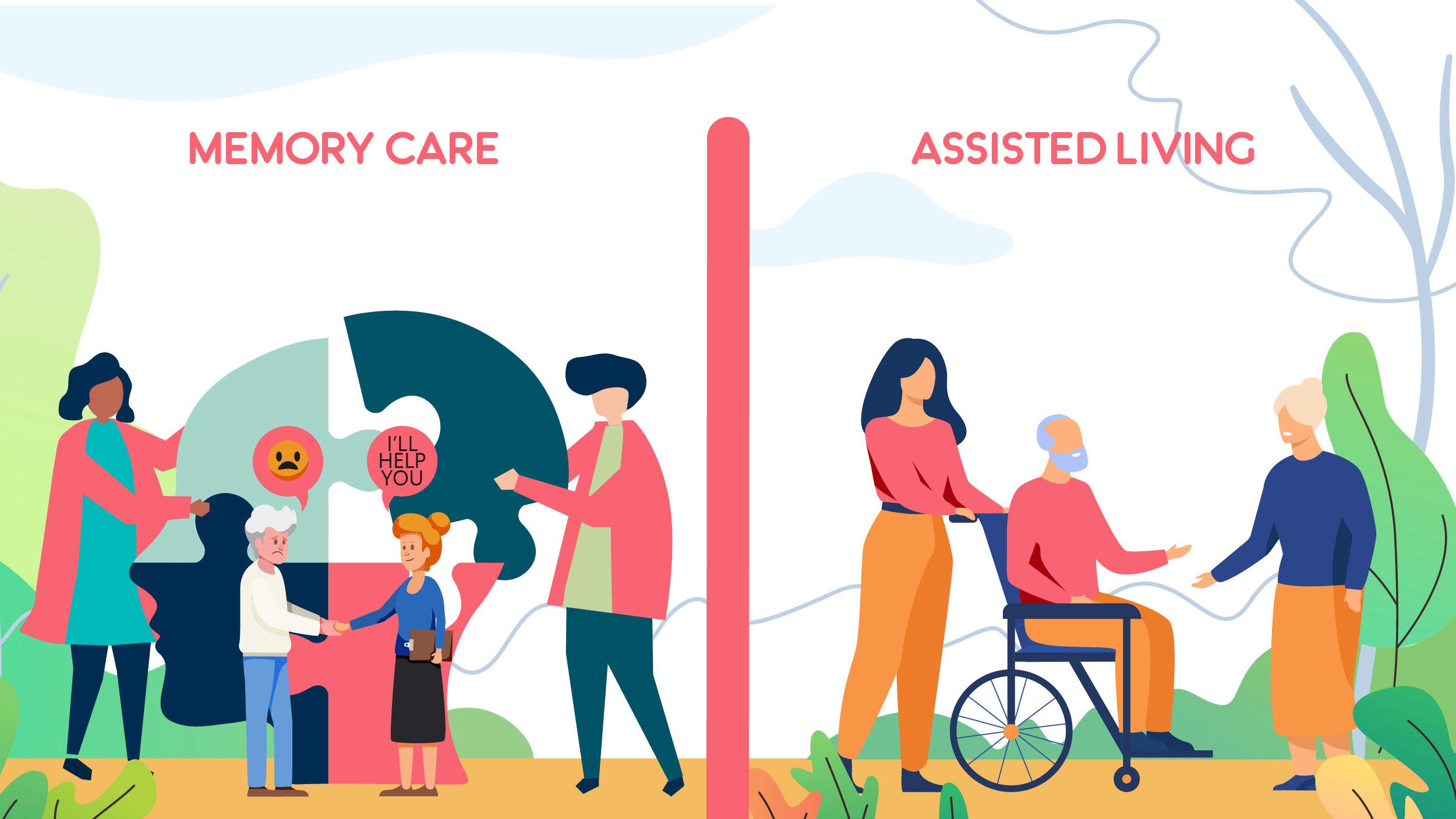Concentrated Memory Support and Care Options with Alzheimers Care Charlotte
Concentrated Memory Support and Care Options with Alzheimers Care Charlotte
Blog Article
Producing a Safe and Encouraging Atmosphere for Alzheimer's Care
The creation of a supportive and risk-free atmosphere for people with Alzheimer's is extremely important in enhancing their quality of life. Checking out these diverse techniques can disclose vital insights right into reliable caregiving approaches that might change the daily experiences of both patients and caretakers.
Recognizing Alzheimer's Needs
Frequently, individuals with Alzheimer's disease exhibit a series of needs that require tailored approaches to care. As the problem proceeds, cognitive decrease materializes in different methods, impacting memory, reasoning, and also the capacity to do everyday activities. Caregivers must identify these advancing demands to give ideal assistance and guarantee a higher quality of life for those influenced.
One critical facet of recognizing Alzheimer's demands is acknowledging the significance of regular and familiarity. Individuals often locate comfort in established patterns, which can lower anxiousness and confusion. Caregivers must strive to develop structured everyday timetables that include meaningful tasks straightened with the person's abilities and interests.
Additionally, reliable communication is extremely important. Individuals with Alzheimer's might have a hard time to express themselves or comprehend intricate language. Caretakers need to use easy, clear language, usage non-verbal hints, and practice active paying attention to promote understanding and link.
Caretakers should motivate engagement in neighborhood tasks or family events, advertising a sense of belonging and objective. Recognizing these varied needs is important for producing a helpful treatment setting.
Designing a Safe Home
Producing a risk-free home for individuals with Alzheimer's disease is vital to lessening dangers and promoting freedom. The style of the living area need to focus on safety and security while enabling personal comfort. Initially, get rid of prospective risks such as loose carpets, sharp items, and clutter, which can lead to drops or mishaps. Make certain that pathways are well-lit and clear, as proper illumination lowers disorientation and boosts mobility.
Integrating flexible functions is additionally crucial. Install grab bars in washrooms and near staircases, and consider utilizing non-slip floor coverings in damp locations. Furthermore, utilizing different colors for wall surfaces and floors can aid in differentiating areas, assisting to reduce confusion.
Familiarity is necessary for individuals with Alzheimer's. Individualizing the atmosphere with acquainted things and photographs can strengthen a feeling of belonging and safety - Alzheimers Care Charlotte. It is additionally useful to have actually a designated location for daily tasks, such as analysis or crafting, which can offer structure to their day
Finally, executing a safe and secure outdoor space permits secure exploration while attaching with nature. By attentively developing the home atmosphere, caretakers can dramatically enhance the lifestyle for individuals dealing with Alzheimer's condition.
Enhancing Interaction Abilities

Non-verbal interaction, consisting of facial expressions, gestures, and touch, plays a critical role in communicating empathy and understanding. Maintaining eye call and a tranquil attitude can improve the comfort degree of the person, advertising a sense of security.
In addition, it is essential to practice active listening. This entails being fully existing, showing perseverance, and enabling the person to share themselves without disruption. Repetition may be required; caregivers must be prepared to revisit topics or inquiries, as individuals with Alzheimer's might struggle with memory recall.
In addition, using aesthetic aids or cues, my review here such as photos or acquainted items, can facilitate recognition and involvement. Inevitably, enhancing interaction skills is regarding building count on and developing an environment where people feel heard, valued, and recognized, thus improving their lifestyle.
Urging Social Interaction
Cultivating significant social communications can substantially improve the health of individuals with Alzheimer's illness. Involving with others not just helps battle sensations of isolation however likewise boosts cognitive feature and emotional wellness. Structured social activities, such as group arts, crafts and video games, or music treatment, develop chances for residents to connect with peers and caregivers, which can lead to enhanced mood and minimized anxiousness.
Developing a welcoming environment that motivates socialization is necessary. This can be attained by setting up public areas that promote interaction, such as comfortable seating areas or activity spaces. Furthermore, incorporating familiar and culturally appropriate activities can stimulate memories and urge involvement, enabling individuals with Alzheimer's to feel more connected to their previous experiences.
Furthermore, caretakers must be trained to recognize and advertise social interaction amongst citizens. By prioritizing social communication, we can substantially enhance the lives of those living with Alzheimer's, fostering a feeling of community and belonging.
Sustaining Caregiver Wellness

To sustain caregivers, companies ought to supply regular training and educational resources to improve their understanding of Alzheimer's condition and caregiving strategies. Giving accessibility to reprieve care services allows caregivers to take required breaks, reducing stress and fatigue - Alzheimers Care Charlotte. Additionally, promoting an area with support system can help with emotional sharing and the exchange of useful visite site recommendations amongst caretakers, developing a network of common assistance
Psychological wellness sources, such as therapy solutions, can also be essential in resolving the psychological toll caregiving can take. By prioritizing caregiver wellness, we develop an even more lasting caregiving setting that not just benefits the caregivers themselves but also enhances the total top quality of treatment gotten by individuals with Alzheimer's. Ultimately, supporting caretakers is an important component in cultivating a reliable and caring care setup.
Verdict
To conclude, the development of a safe and encouraging environment for people with Alzheimer's is important to improving their lifestyle. By prioritizing security with thoughtful design, cultivating psychological well-being with acquainted aspects, and promoting engagement through structured routines, caregivers can dramatically impact the total experience of those affected by this problem. In addition, sustaining caretaker wellness is important, as it eventually adds to a more thoughtful and efficient treatment setting.
Repeating may be necessary; caretakers ought to be prepared to revisit concerns or subjects, as individuals with Alzheimer's may struggle with memory recall.

Report this page